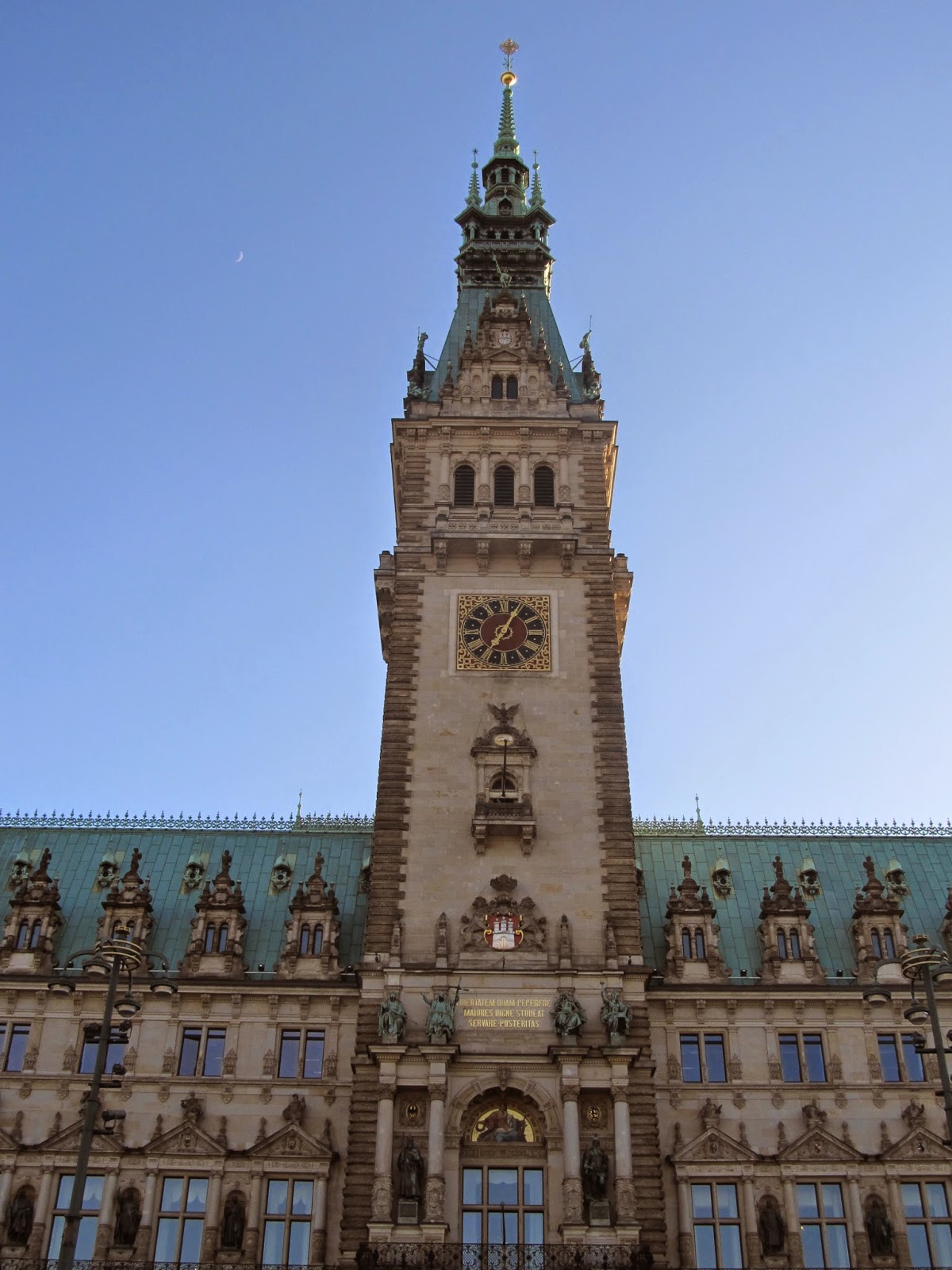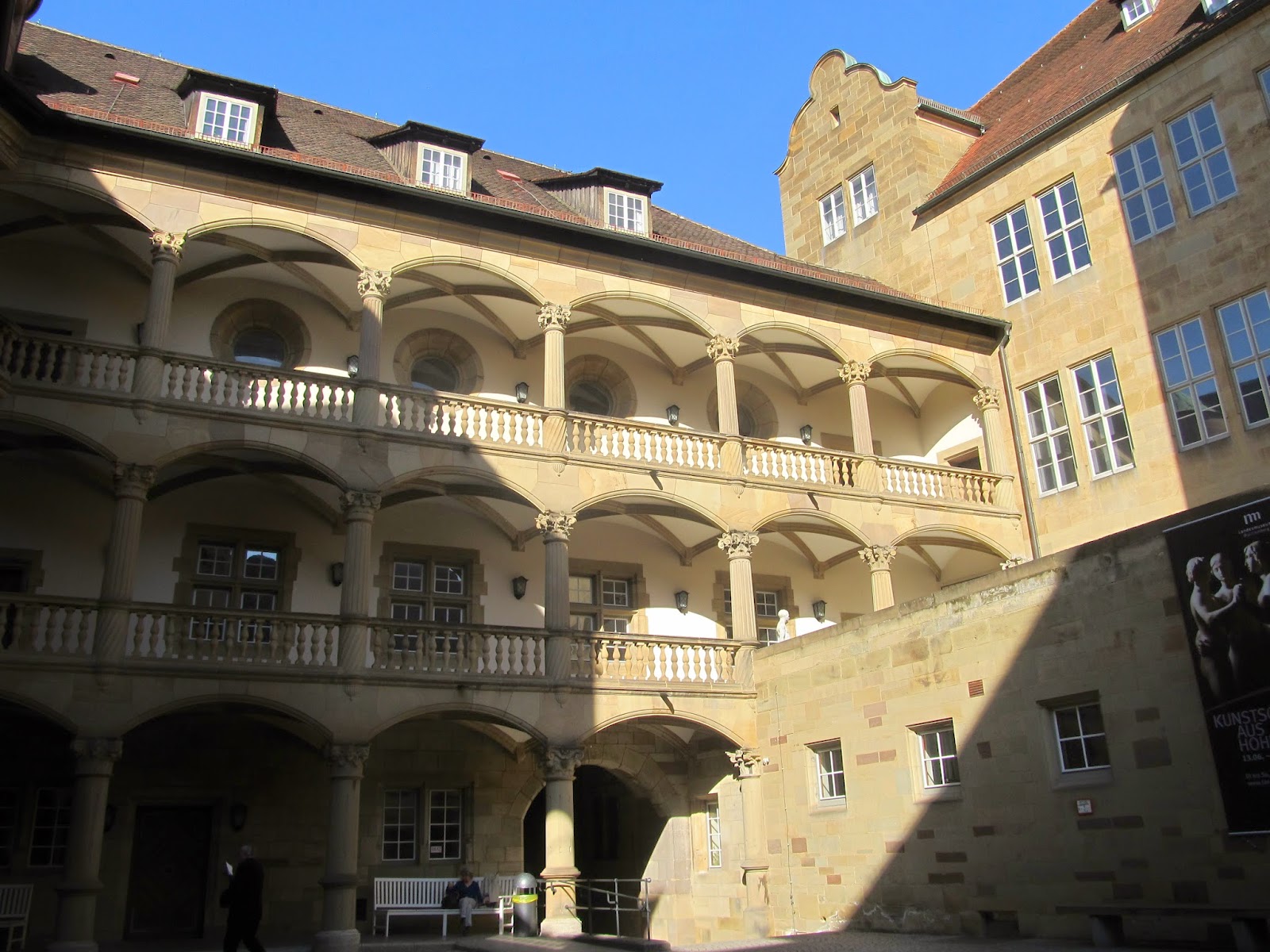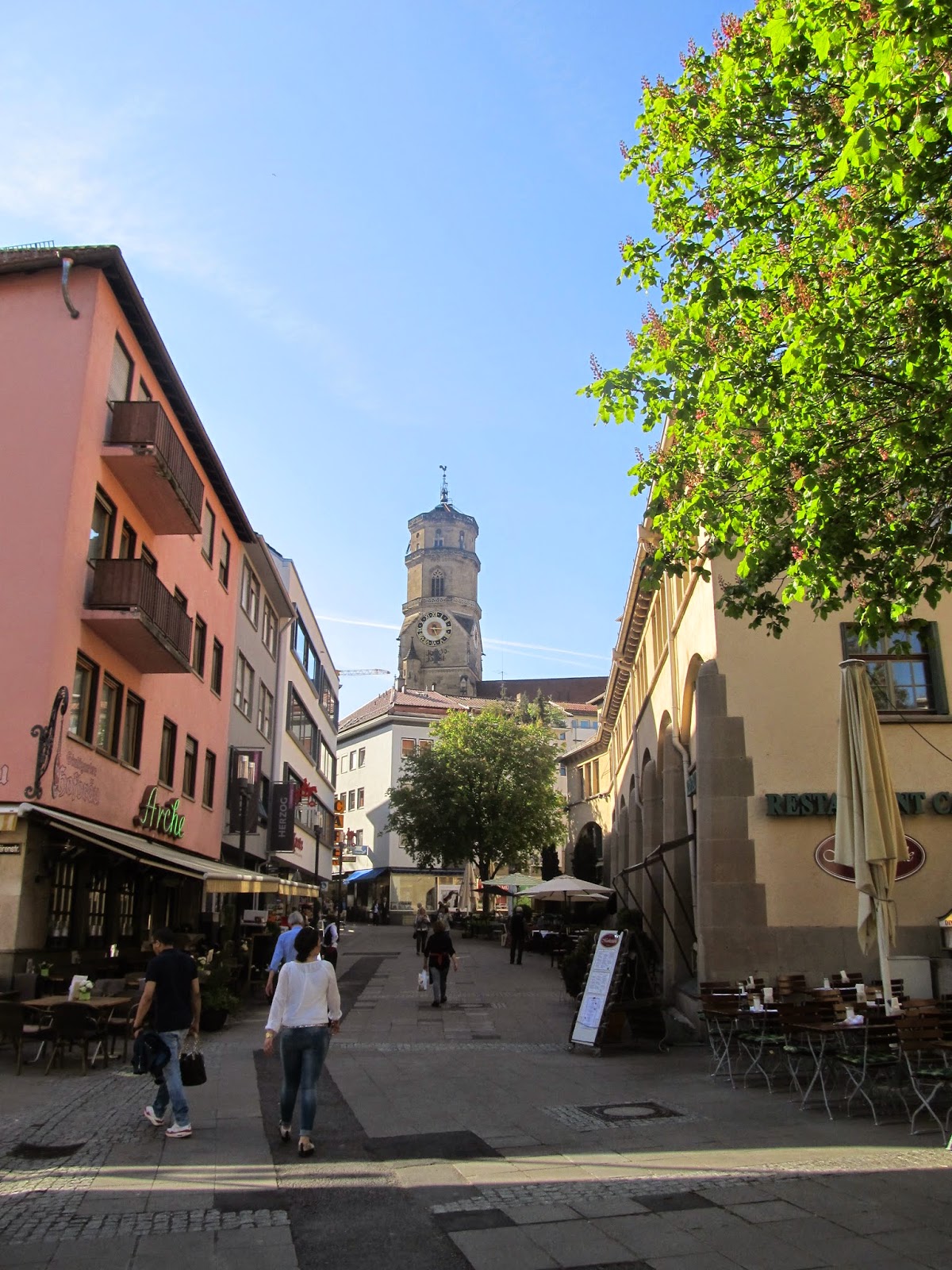Before my talk at the Consulate, I passed by it as I went for a run around the trail which goes around the Alster lake:

I was featured in the local newspaper in Heidelberg:
"Die Europäer sollten lernen, pragmatischer mit Migration umzugehen"
23.04.2015, 06:00 Uhr

"Einwanderung lässt sich nicht verhindern", ist Terri Givens von der Universität in Austin überzeugt. Foto: Rothe
Von Christian Altmeier
Heidelberg. Terri Givens ist Professorin für Politikwissenschaft an der Universität von Texas in Austin. Die RNZ sprach mit der Expertin für Einwanderungspolitik am Rande eines Vortrags über die Flüchtlingsproblematik in Europa und den USA im Deutsch-Amerikanischen Institut (DAI) in Heidelberg.
Heidelberg. Terri Givens ist Professorin für Politikwissenschaft an der Universität von Texas in Austin. Die RNZ sprach mit der Expertin für Einwanderungspolitik am Rande eines Vortrags über die Flüchtlingsproblematik in Europa und den USA im Deutsch-Amerikanischen Institut (DAI) in Heidelberg.
One recurring issue this week was how to deal with the ongoing flow of people crossing the Mediterranean. As the EU struggles to deal with the humanitarian crisis that is playing out in the Mediterranean, I hope the member states will find a way to come together and work with the broader international community to immediately expand the search and rescue missions, and develop broad range strategies that will address the complicated set of issues that are leading people to take such desperate measures.
From Der Spiegel:
An Unending Refugee Tragedy: Europe's Path to Deadly Partition
Migrants want to disembark on an Italian Navy vessel in
Salerno, Italy. Between January and April of this year, 1,750 migrants
died making the maritime crossing from Africa to Europe. Fifty-four
migrants died during that same timespan last year.






























































